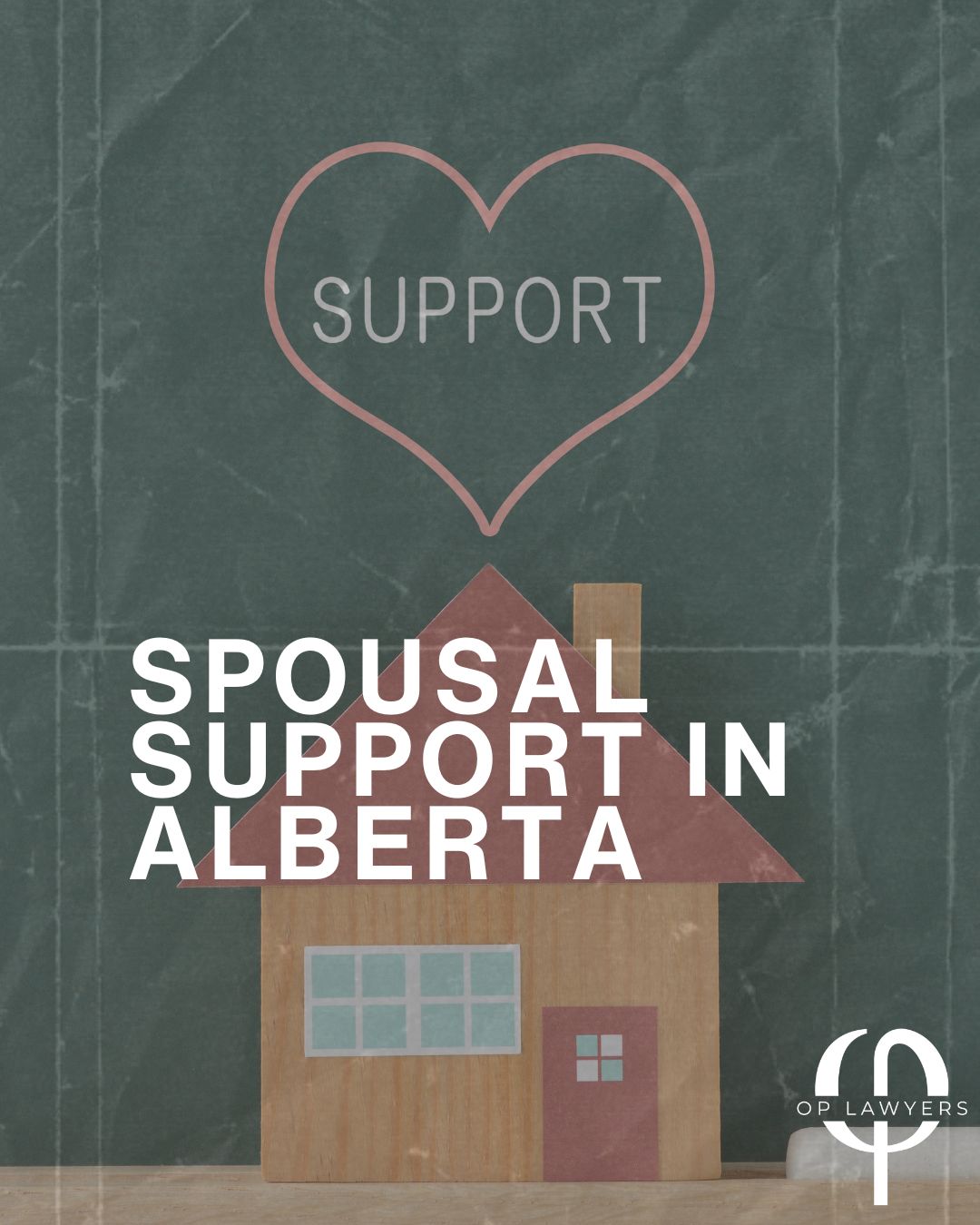Introduction:
Spousal support, also known as alimony or spousal maintenance, is a financial obligation that one spouse may have to provide to the other following the breakdown of a marriage or common-law relationship. This article delves into the intricacies of spousal support in Alberta, exploring its purpose, types, determining factors, and the guidelines commonly applied by courts in the province.
I. Purpose and Types of Spousal Support in Alberta:
Spousal support is designed to address economic imbalances resulting from the end of a marriage or partnership. Its primary goal is to assist the lower-earning or economically disadvantaged spouse in maintaining a similar standard of living enjoyed during the relationship.
Alberta recognizes two main types of spousal support:
Compensatory Spousal Support: This form of support is based on the idea of compensating a spouse for the economic advantages or disadvantages experienced during the relationship, such as one spouse sacrificing career opportunities to care for the family or support the other’s career.
Non-Compensatory Spousal Support: Also known as needs-based support, non-compensatory spousal support is provided when one spouse requires financial assistance due to a genuine economic need after the relationship ends.
II. Factors Considered in Determining Spousal Support in Alberta:
Alberta courts consider various factors when determining the amount and duration of spousal support. Some key factors include:
Duration of the Relationship: The length of the marriage or partnership is often considered, with longer-term relationships generally resulting in longer support durations.
Income and Earning Capacity: The income and earning potential of each spouse are crucial factors. Courts assess their respective ability to support themselves financially post-separation.
Roles and Contributions During the Relationship: Contributions made by each spouse to the family’s economic and domestic well-being are taken into account. This includes both financial contributions and non-financial contributions, such as caregiving and homemaking.
Age and Health: The age and health of both spouses are considered, as these factors may impact their ability to become self-sufficient after separation.
Child Custody and Care Arrangements: If children are involved, the custody and care arrangements may influence the spousal support determination.
III. Spousal Support Guidelines in Alberta:
Alberta does not have specific legislated guidelines for calculating spousal support like child support. Instead, courts and legal practitioners often refer to the Spousal Support Advisory Guidelines (SSAG) for guidance. The SSAG provide a framework to assess spousal support amounts based on various factors, including income and the length of the relationship. However, they are advisory, and courts have discretion to deviate from them if warranted by the circumstances of a particular case.
IV. Duration of Spousal Support:
The duration of spousal support varies based on individual circumstances. In shorter marriages, spousal support may be provided for a limited period, allowing the recipient spouse time to become self-sufficient. In longer marriages or cases involving significant economic disadvantages, support may be provided for an indefinite duration or until a specified event occurs (e.g., the recipient spouse remarries).
Conclusion: Spousal support in Alberta is a complex and often emotionally charged aspect of family law. It aims to address financial disparities between former spouses, providing economic assistance to the economically disadvantaged party. The determination of spousal support involves a careful analysis of various factors, and courts may refer to the Spousal Support Advisory Guidelines for guidance. Ultimately, the goal is to achieve fairness and balance while promoting the well-being and financial security of both parties involved in the post-separation period.
Disclaimer: This blog post is intended for informational purposes only and does not constitute legal advice. For advice specific to your circumstances, please consult a qualified family lawyer at OP Lawyers LLP or another legal professional.
